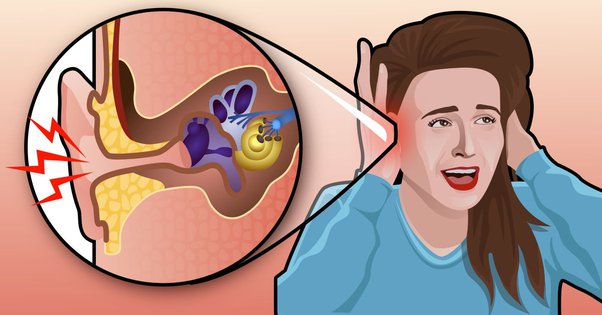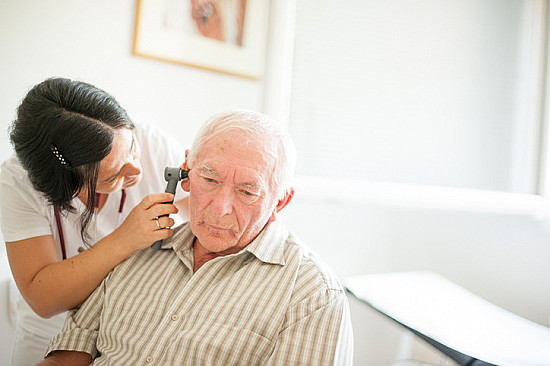
Do you hear a ringing sound in your ears that no one else seems to hear?
This ringing, called tinnitus, is more common than you might think. In fact, millions of people experience it every day.
Sometimes it's a soft buzz, other times it’s a loud ring, but it’s always annoying. This happens when there's no actual sound around you. It can last for a few minutes or stick around for a long time.
Tinnitus isn’t a disease but a sign that something else might be going on with your body. Knowing why it happens can help you find ways to manage it better.
Here are some of the reasons your ears ring:
1. Loud noises
One of the most common reasons for tinnitus is exposure to loud noises. Think about the last concert you went to or when you used loud power tools. These loud sounds can damage the tiny hair cells in your inner ear that help you hear.

Once these cells are damaged, they can’t be repaired, and this can cause ringing in your ears.
What to do: Protect your ears by wearing earplugs in noisy places. Turn down the volume when listening to music through headphones. If the ringing doesn’t go away, see a doctor.
2. Ear infections or earwax buildup
Sometimes, an ear infection or too much earwax can cause your ears to ring. Ear infections can make your ears feel full and block sound from getting in properly. Similarly, earwax buildup can press against your eardrum, leading to tinnitus.
What to do: If you suspect an ear infection, see a doctor. They might give you medicine to clear it up. For earwax buildup, you can use ear drops to soften the wax or visit a doctor to have it safely removed.
3. Ageing
As people get older, they start to lose some of their hearing. This age-related hearing loss, known as presbycusis, can cause tinnitus.

The exact reason is not completely understood, but it is thought to be due to the natural wear and tear on the hearing system over time.
What to do: Regular check-ups with an audiologist (a hearing doctor) can help monitor your hearing. They might suggest hearing aids or other devices to help manage tinnitus.
4. Medications
Some medications can cause tinnitus as a side effect. These include certain antibiotics, cancer treatments, and high doses of aspirin. If you notice ringing in your ears after starting a new medication, it might be the cause.
What to do: Talk to your doctor if you think your medication is causing tinnitus. They might adjust your dosage or switch you to a different drug.
5. Stress and anxiety
Stress and anxiety don’t just affect your mind—they can also cause physical symptoms like tinnitus. When you’re stressed, your body goes into a “fight or flight” mode, which can make you more aware of sounds in your body, including ringing in your ears.
What to do: Practice relaxation techniques like deep breathing, meditation, or yoga. Managing your stress can reduce the intensity of tinnitus. If stress is a major problem, consider talking to a counsellor or therapist.

Tinnitus can be an annoying condition, but understanding why it happens is the first step to finding relief. Protect your ears from loud noises, keep them clean and healthy, and manage your stress.
This content was created with the help of an AI model and verified by the writer.
Read Full Story


















Facebook
Twitter
Pinterest
Instagram
Google+
YouTube
LinkedIn
RSS